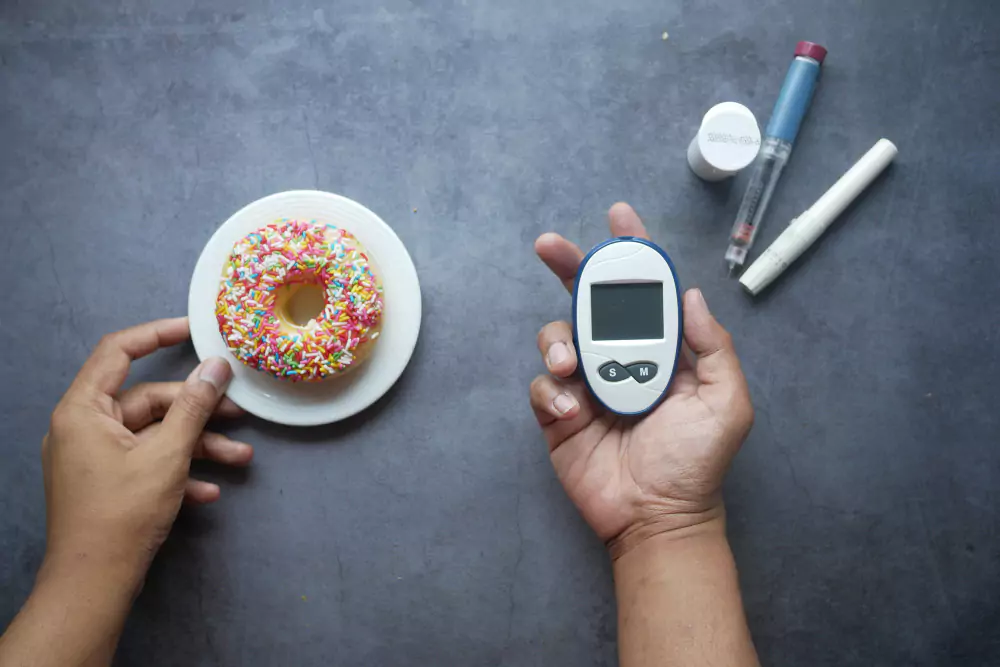
Dr. Soujanya provides comprehensive care for diabetes mellitus, focusing on early diagnosis, personalized treatment, and lifestyle modification. She helps manage blood sugar levels, prevent complications, and guide patients through diet, exercise, and medication plans. Her approach emphasizes long-term health, patient education, and empowering individuals to take control of their diabetes effectively and safely.
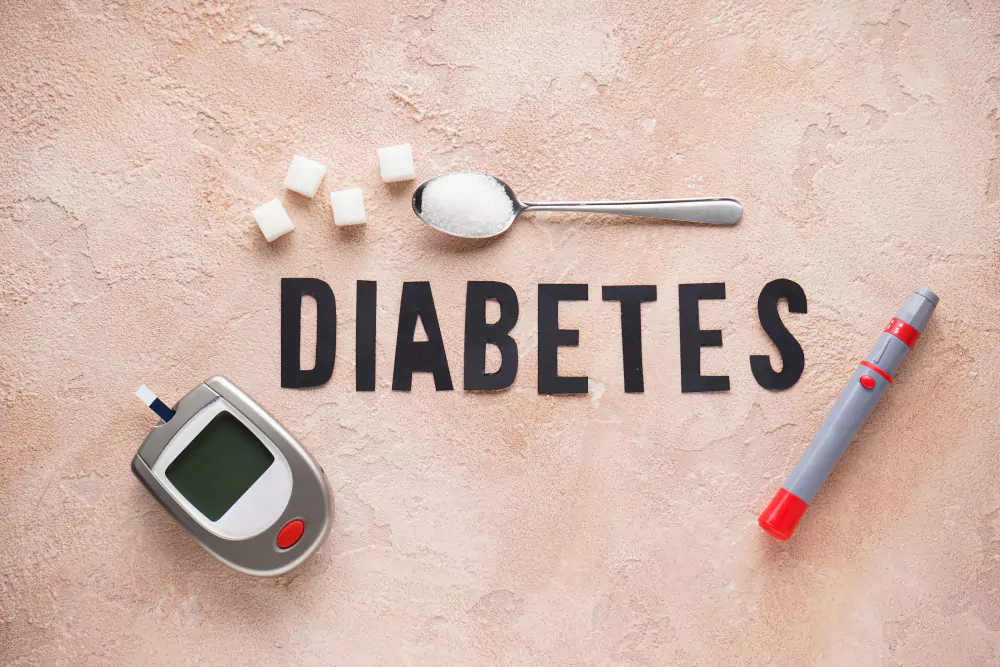
Specializing in Type 1 Diabetes, Dr. Soujanya manages patients with insulin therapy, glucose monitoring, and individualized care plans. She educates patients and families about managing daily insulin needs, recognizing hypo- and hyperglycemia, and adopting healthy lifestyle habits. Her goal is to support optimal blood sugar control while improving overall quality of life and long-term outcomes.

For Type 2 Diabetes, Dr. Soujanya combines medication, diet, exercise, and lifestyle modification to achieve optimal blood sugar levels. She focuses on early detection, preventing complications, and improving metabolic health. Through structured programs, personalized guidance, and patient education, she empowers individuals to manage their condition effectively and promotes long-term wellness and disease remission wherever possible.

Dr. Soujanya offers expert management of hypertension, monitoring blood pressure, and providing individualized treatment strategies. She emphasizes lifestyle interventions, medication adherence, and preventive measures to reduce cardiovascular risks. Her patient-centered approach ensures long-term control, preventing complications such as stroke or heart disease, while educating patients to maintain a heart-healthy lifestyle through diet, exercise, and regular monitoring.
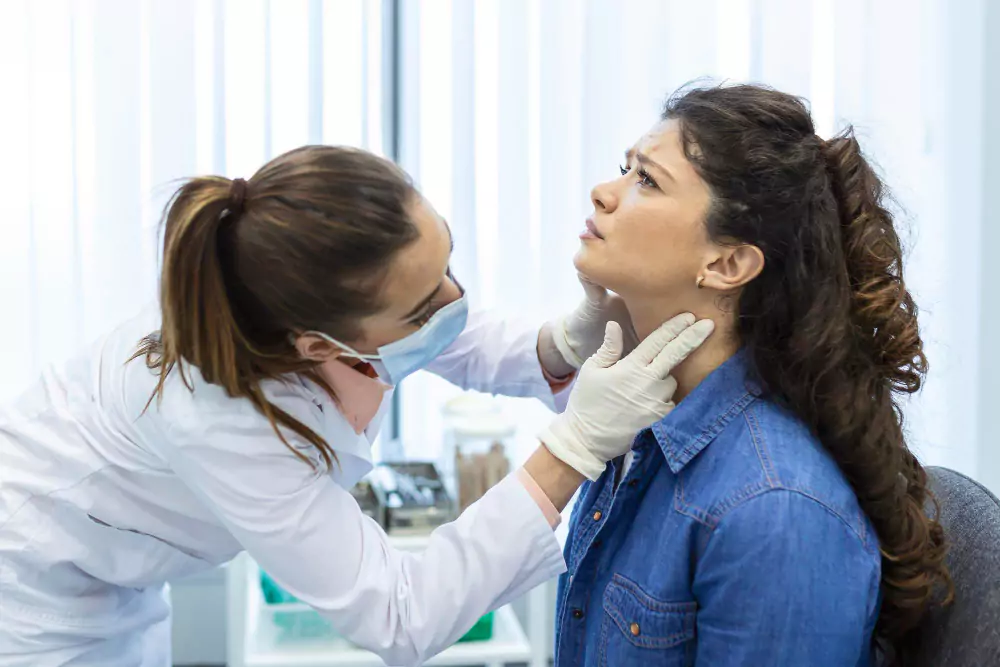
Dr. Soujanya manages hypothyroidism with a combination of accurate diagnosis, thyroid function monitoring, and personalized medication plans. She guides patients on lifestyle and dietary adjustments to support thyroid health, improve energy, and manage weight. Her approach focuses on balancing hormones, relieving symptoms like fatigue and weight gain, and ensuring long-term well-being and overall metabolic stability.
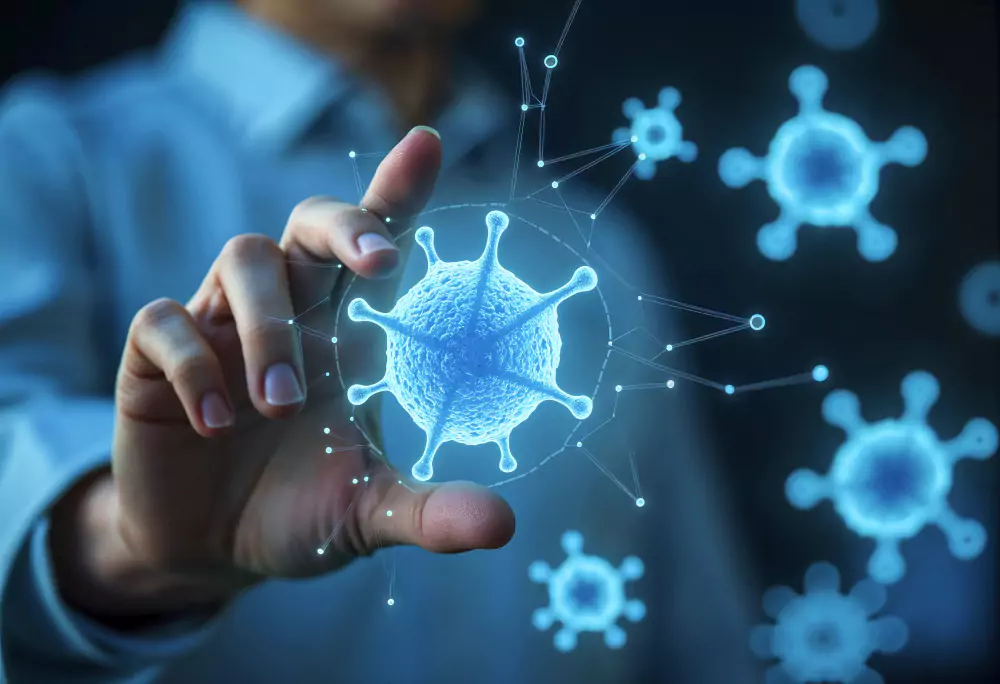
With expertise in infectious diseases, Dr. Soujanya diagnoses and treats bacterial, viral, and other infections in adults. She provides timely interventions, preventive guidance, and patient education to manage infections safely. Her experience during the COVID-19 pandemic ensures effective care and recovery plans. She emphasizes vaccination, hygiene, and lifestyle measures to prevent recurrent or serious infections.

Dr. Soujanya promotes regular preventive health check-ups to detect diseases early, reduce risks, and maintain overall well-being. She provides personalized screenings based on age, risk factors, and medical history, including blood tests, imaging, and lifestyle assessments. Her proactive approach empowers patients to make informed decisions, adopt healthy habits, and prevent chronic conditions before they develop.
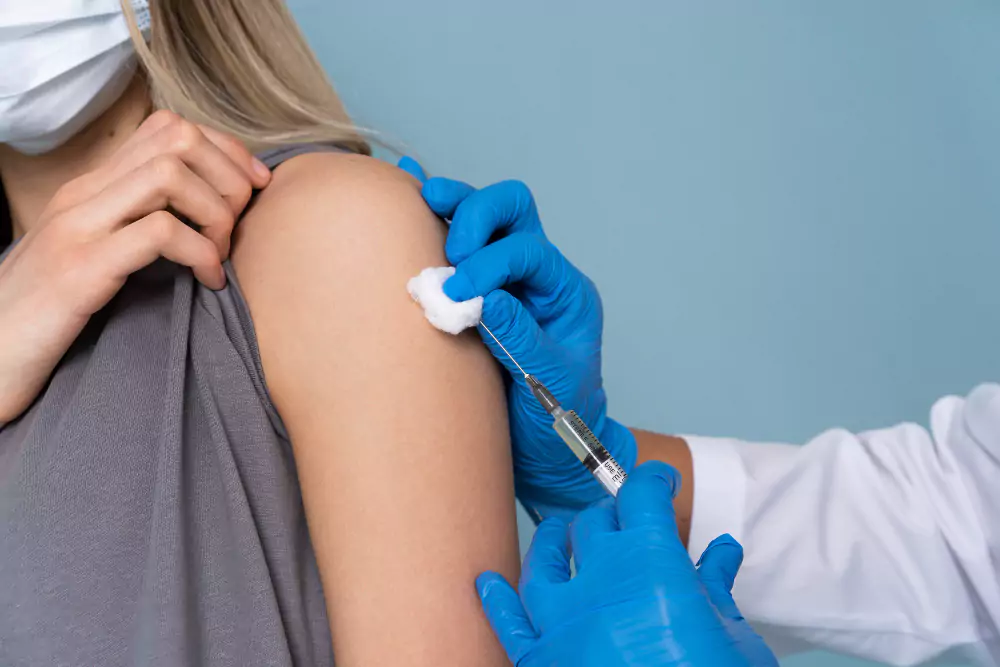
Specializing in adult vaccinations, Dr. Soujanya ensures protection against preventable diseases such as influenza, hepatitis, and pneumonia. She provides personalized vaccination schedules based on age, health conditions, and exposure risks. Her preventive care approach reduces the burden of infectious diseases, promotes immunity, and supports long-term health, especially in older adults and those with chronic medical conditions.